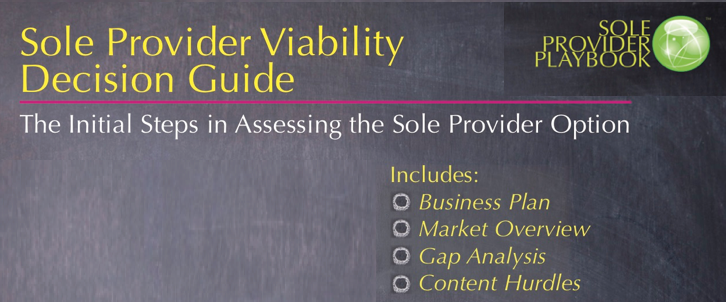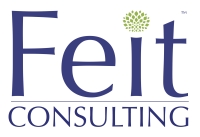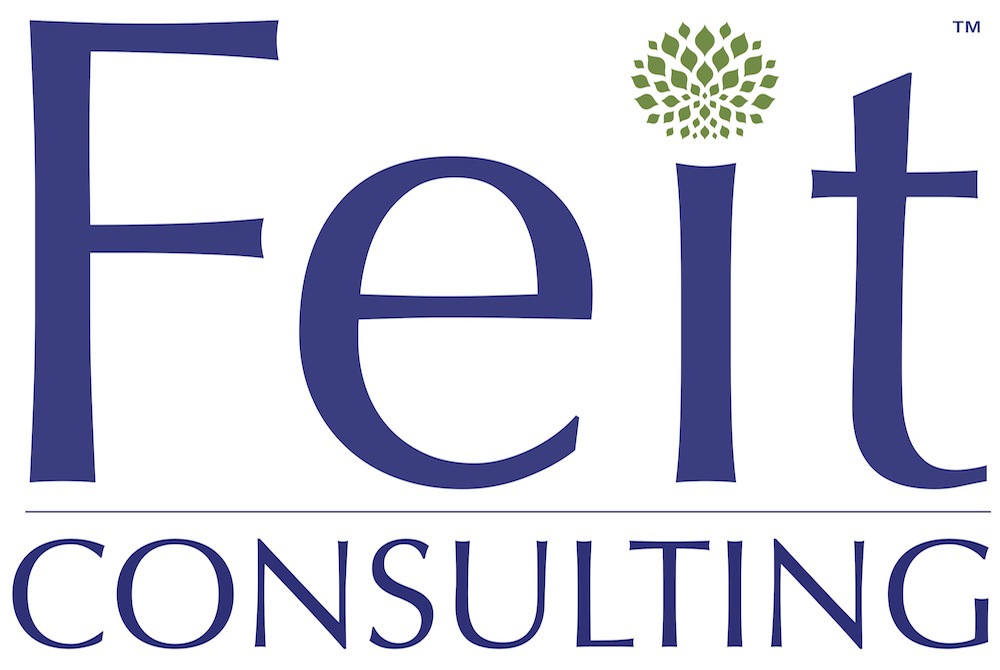
Is Sole-Provider the Best Option?
By Michael Feit | Sole Provider , White Papers
The sole-provider option is not for every firm, and largely depends on your firm’s legal practices, recovery rates, contract pricing, and usage. While the option may not be the right decision for every firm, an evaluation of the sole-provider option is necessary for law firm administrators.
The idea of transitioning to sole-provider can be daunting, considering the many individuals and processes that might be impacted. There are a great number of elements to examine, from contracts to content, not to mention the strong reactions of users to fundamental system changes.
Whether or not a firm chooses to go sole-provider, the evaluation in itself provides an opportunity for a firm to review, revise and refine its legal information strategy and potentially save significant money. In a secret pricing market, knowledge is power. Knowing to what extent the sole-provider option is viable for your firm can serve as great leverage in contract negotiations.
Feit Consulting’s Sole Provider Viability Decision Guide walks legal information administrators through the pre-decision process, and lays out the groundwork necessary for informed decision-making. Learn more about this resource here.






